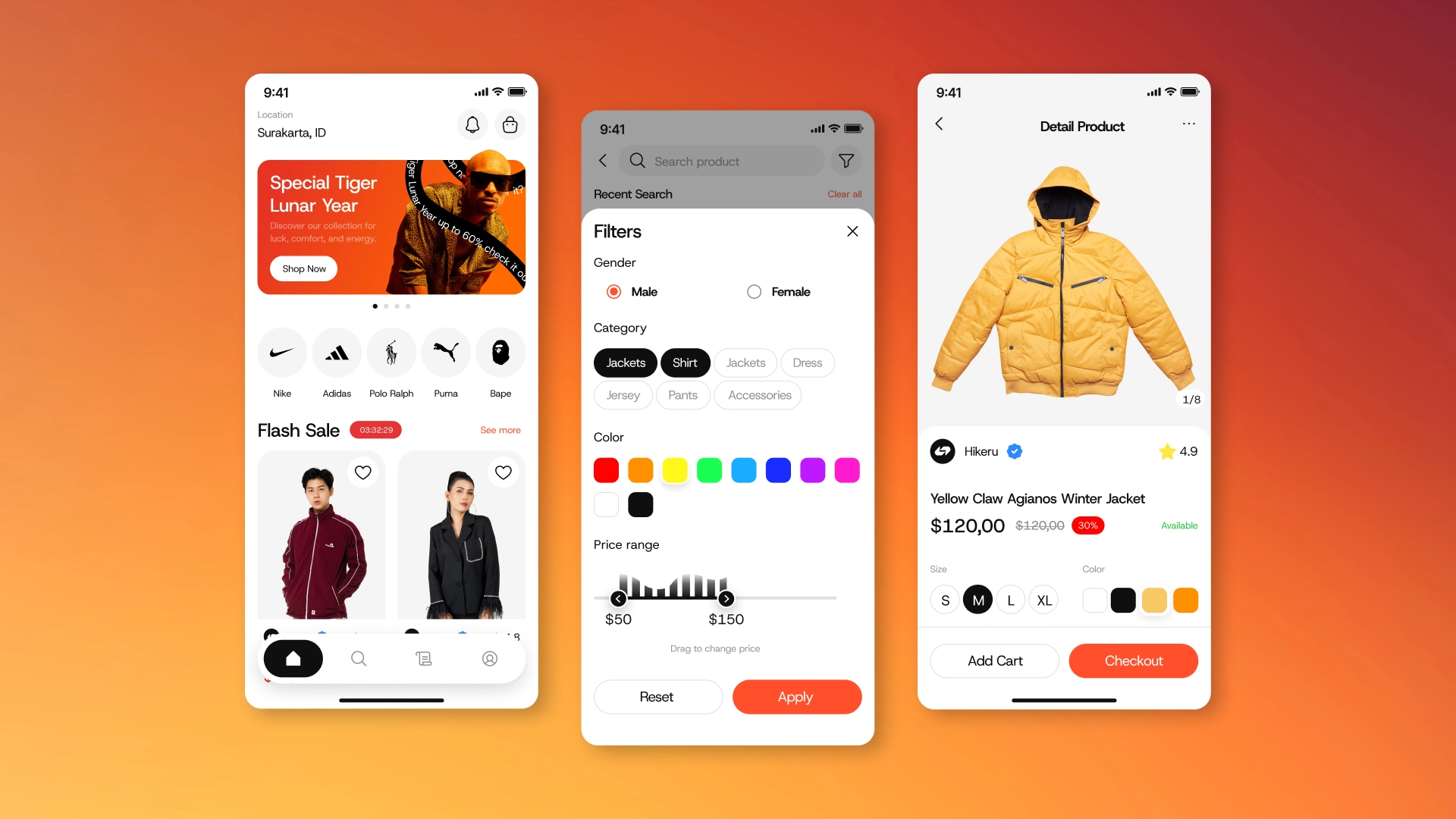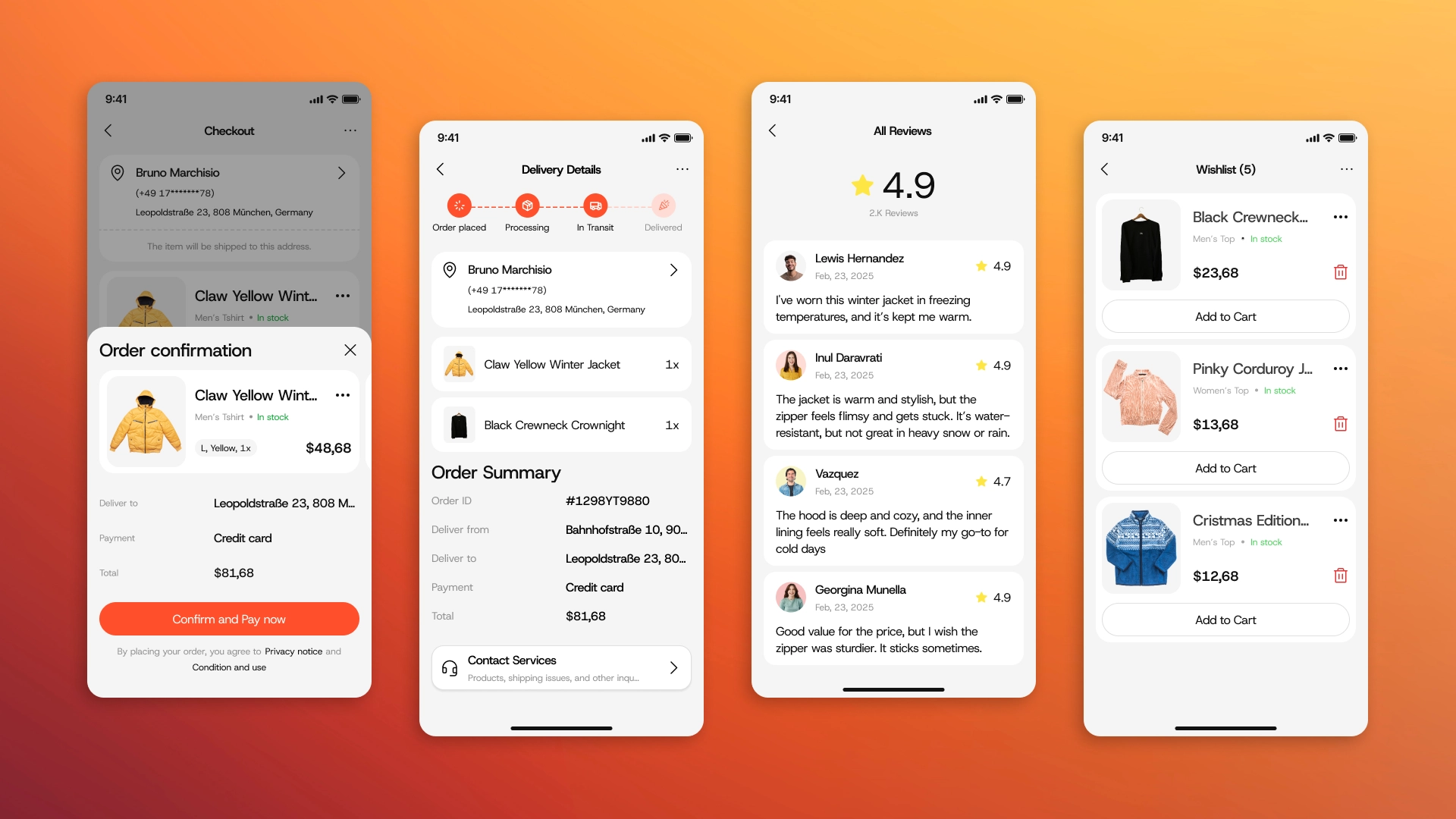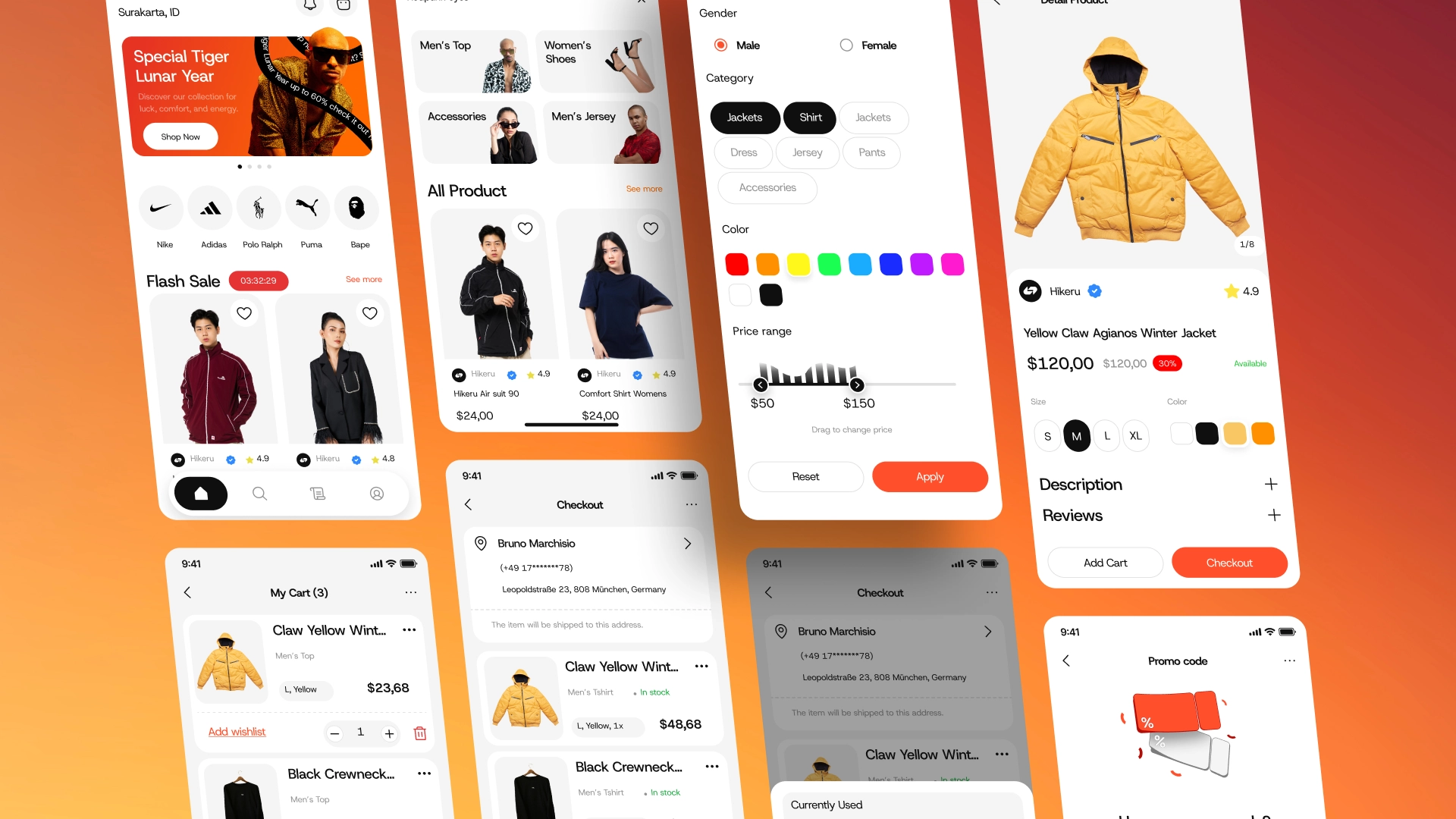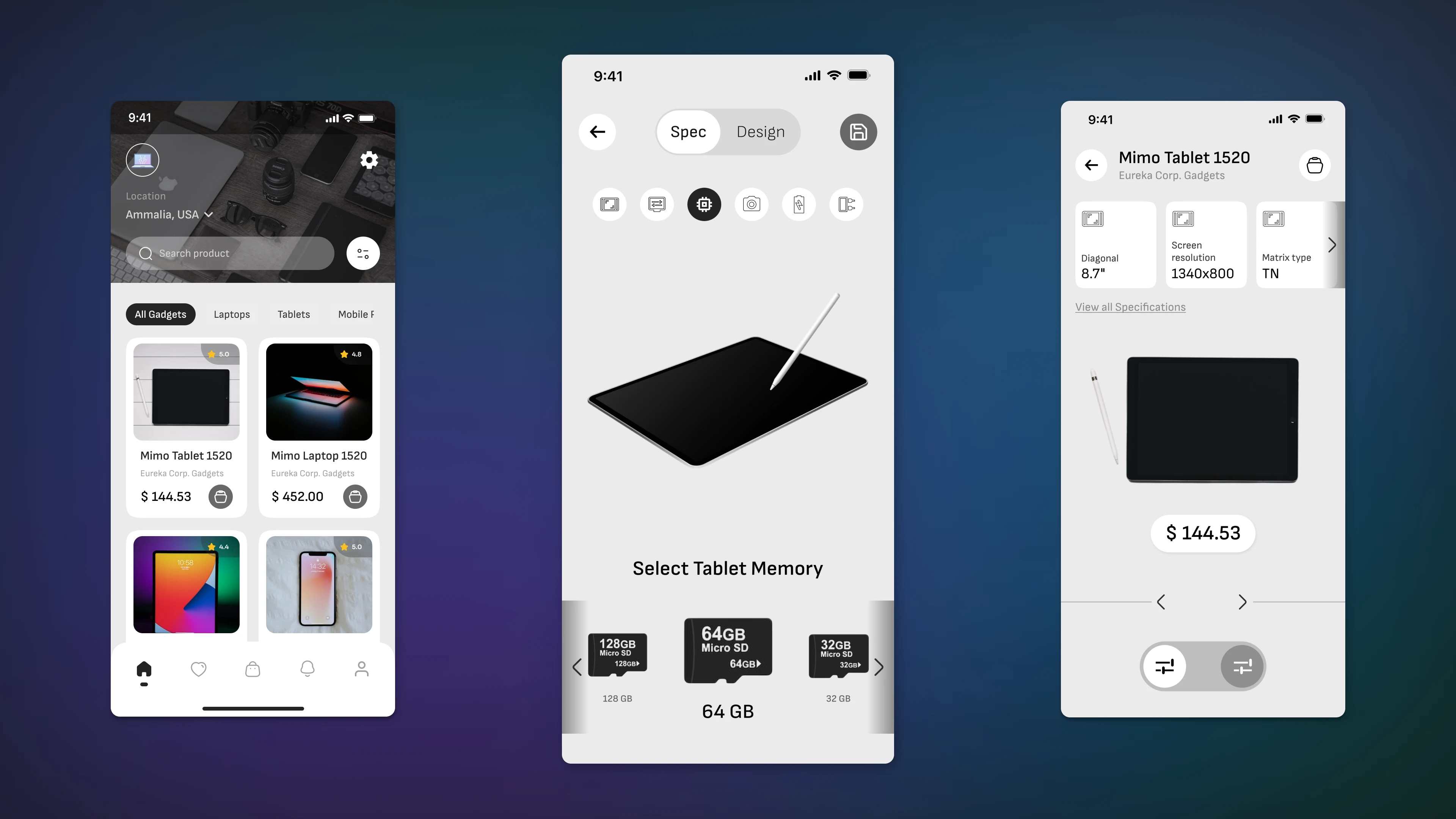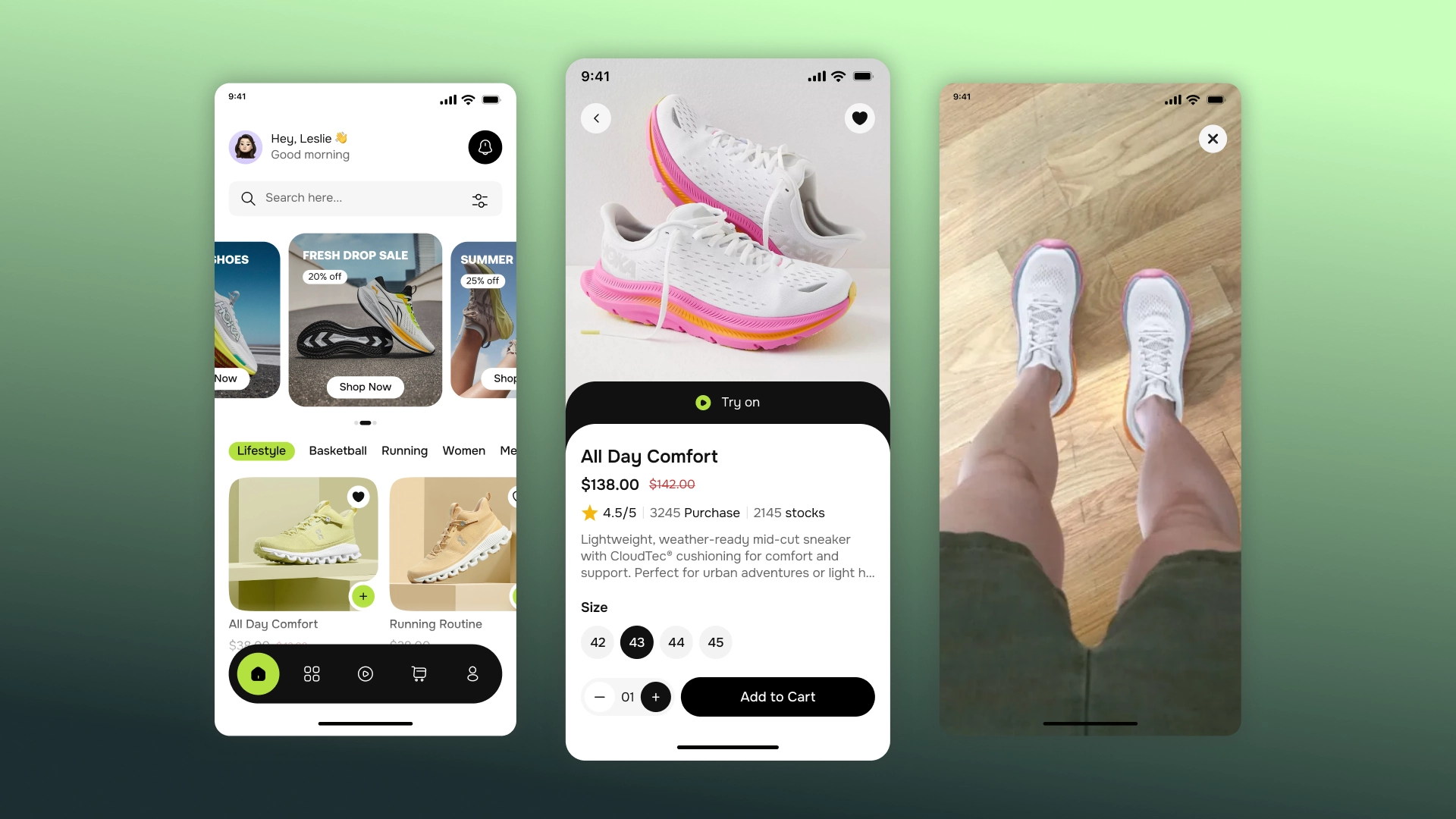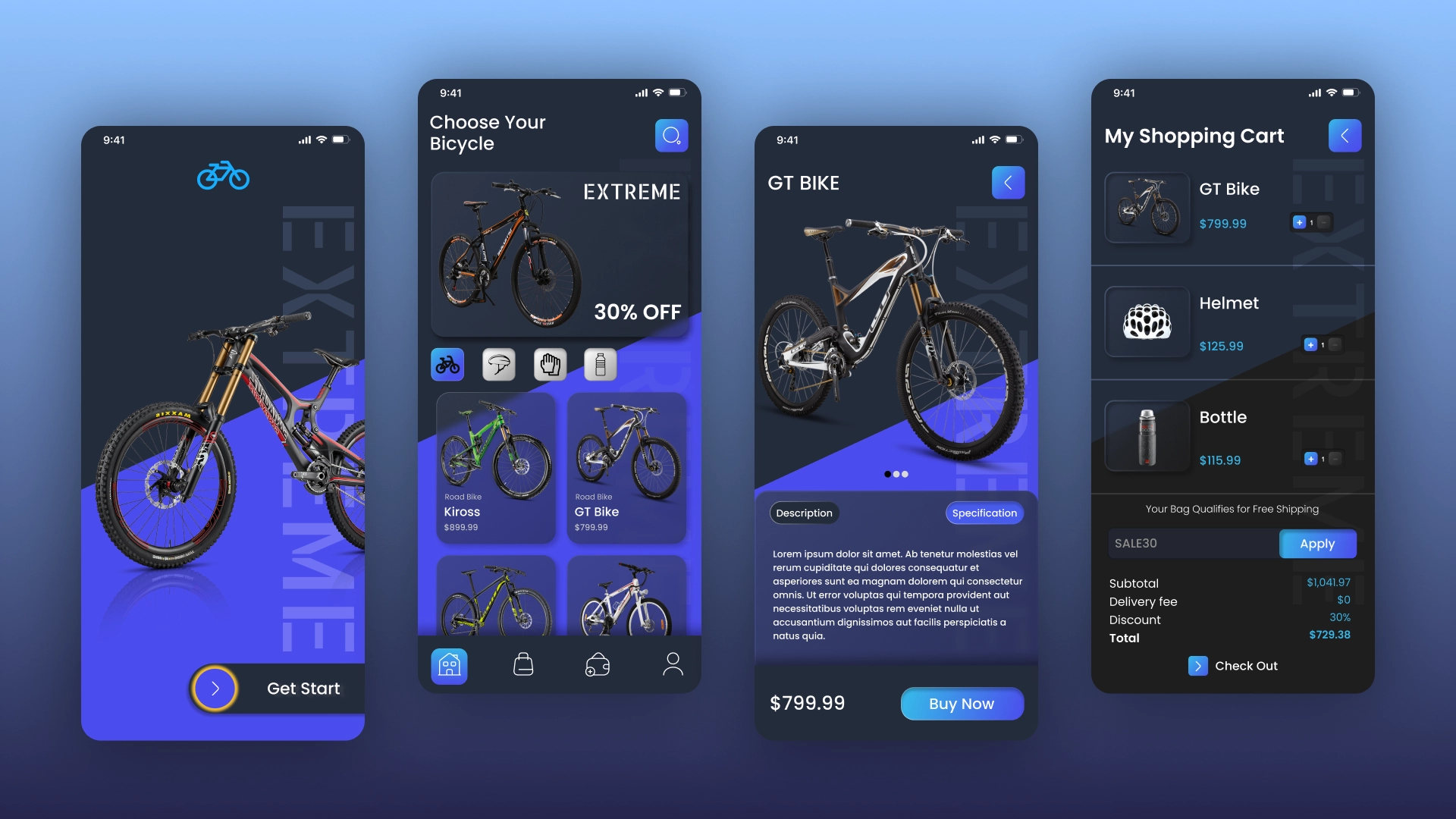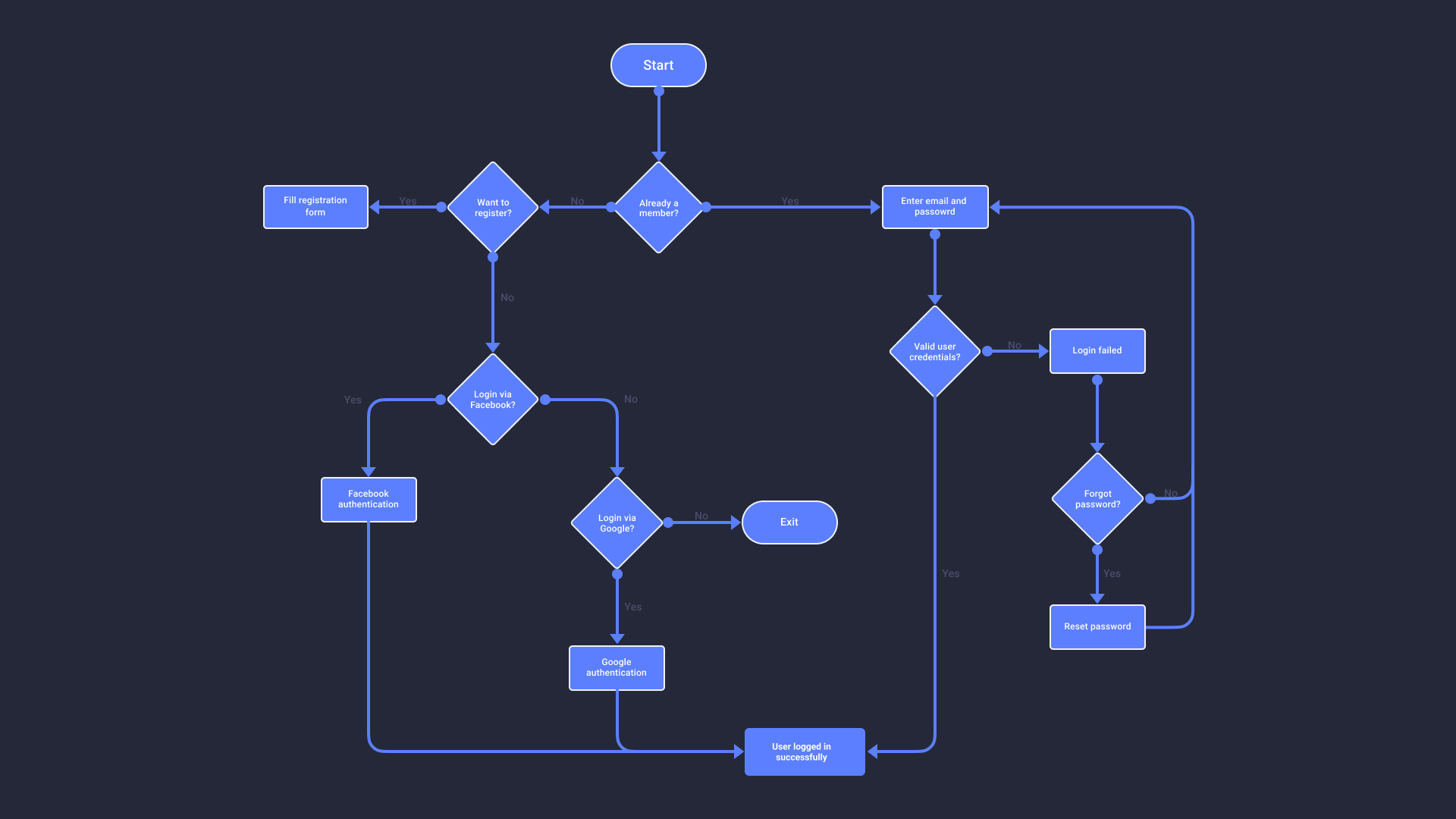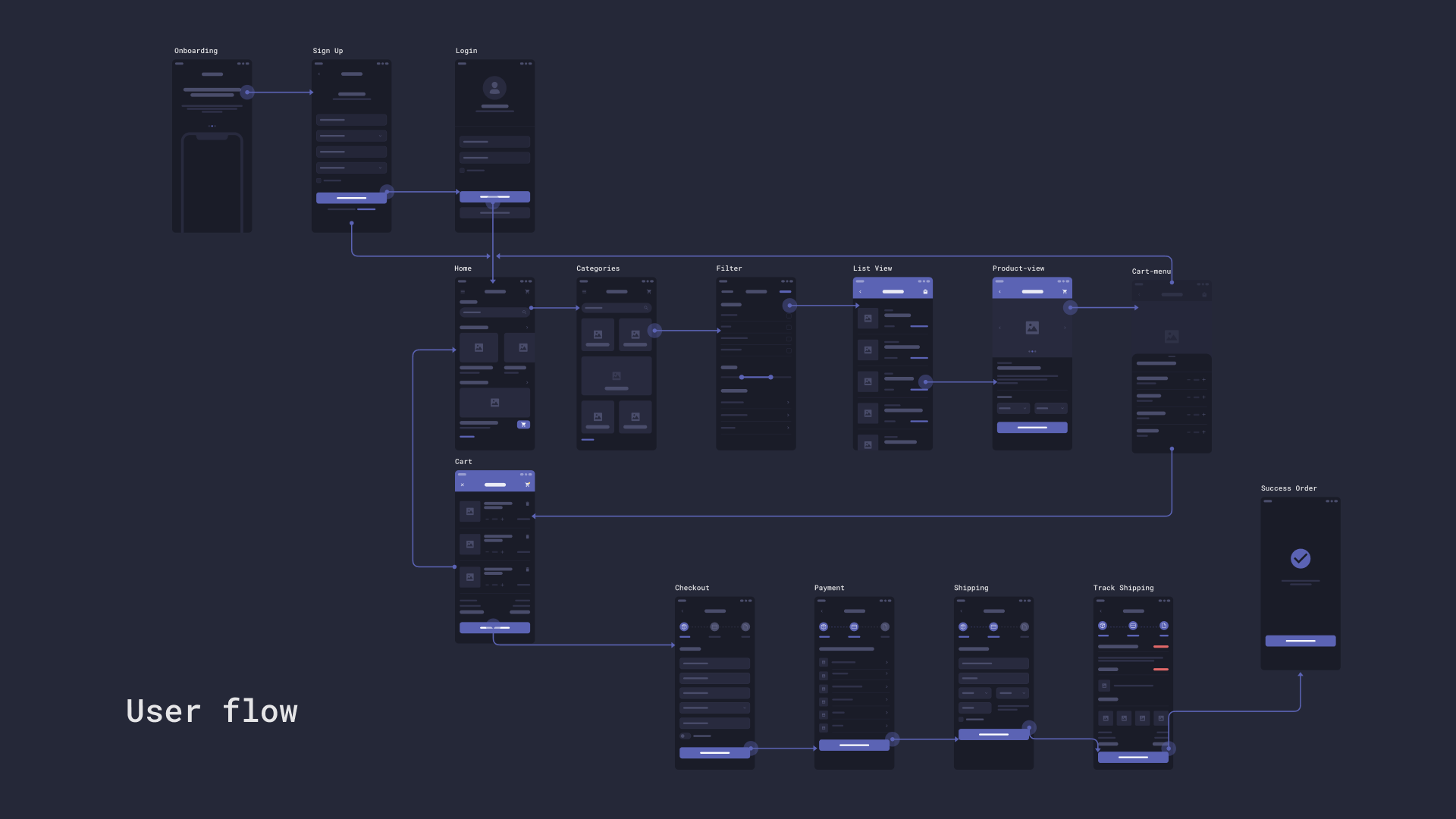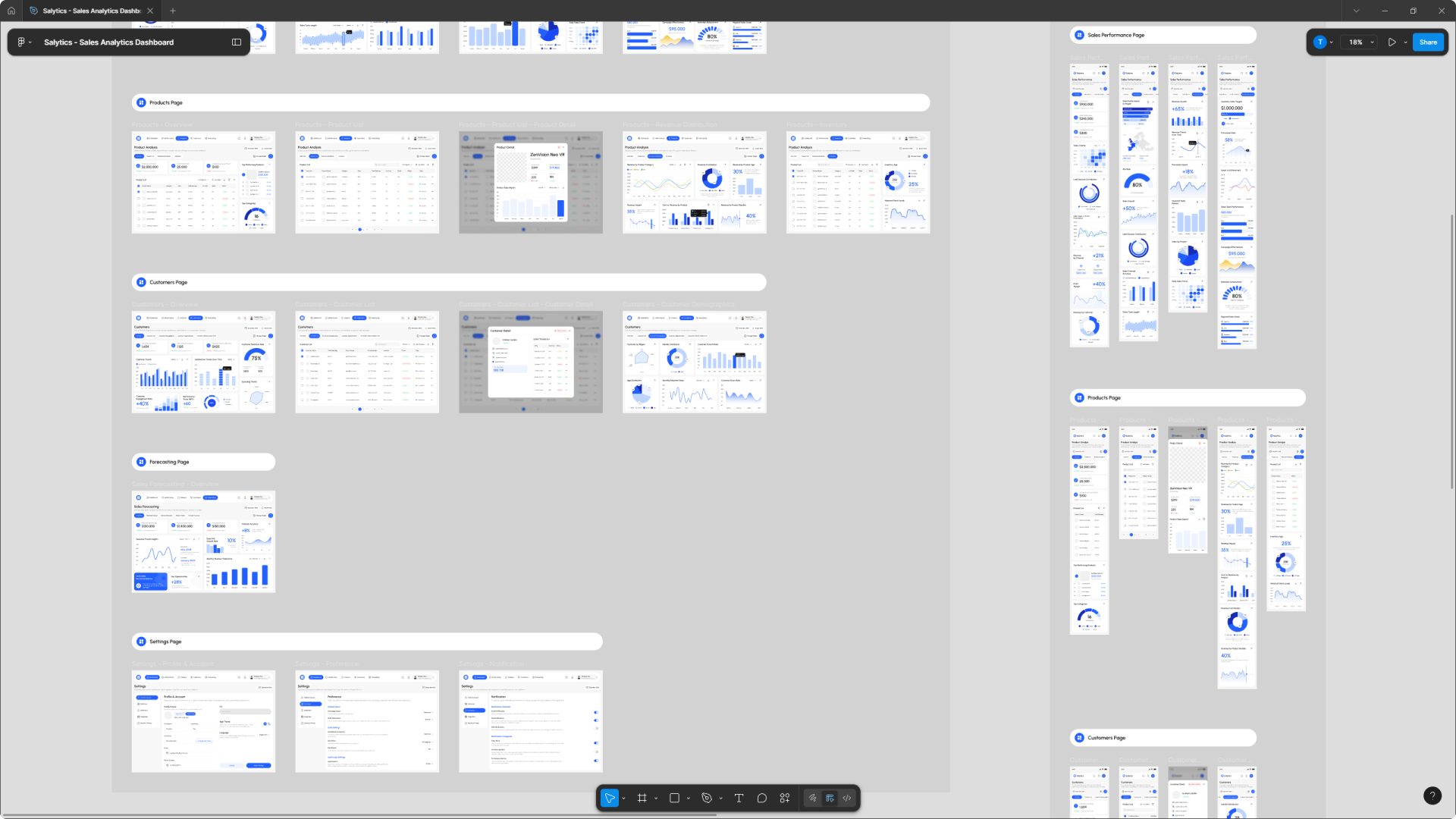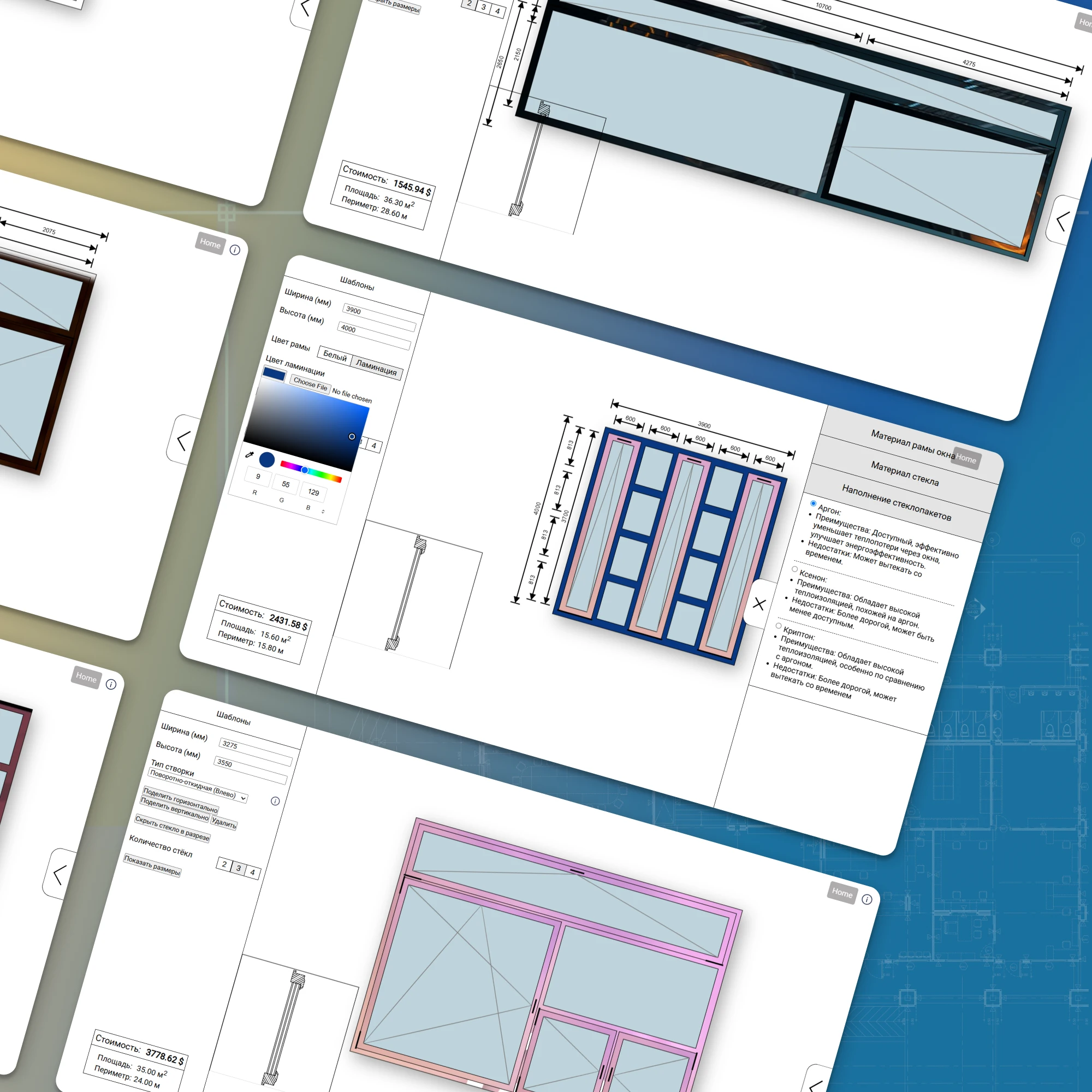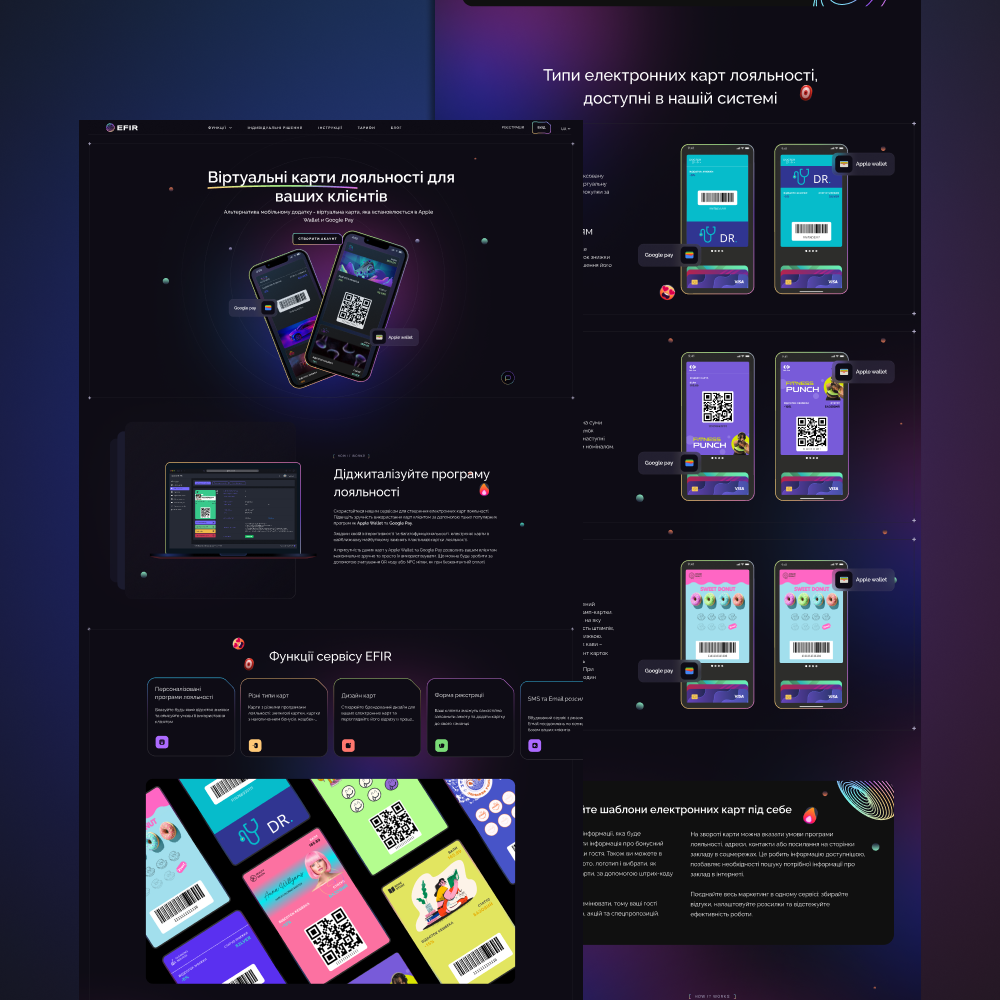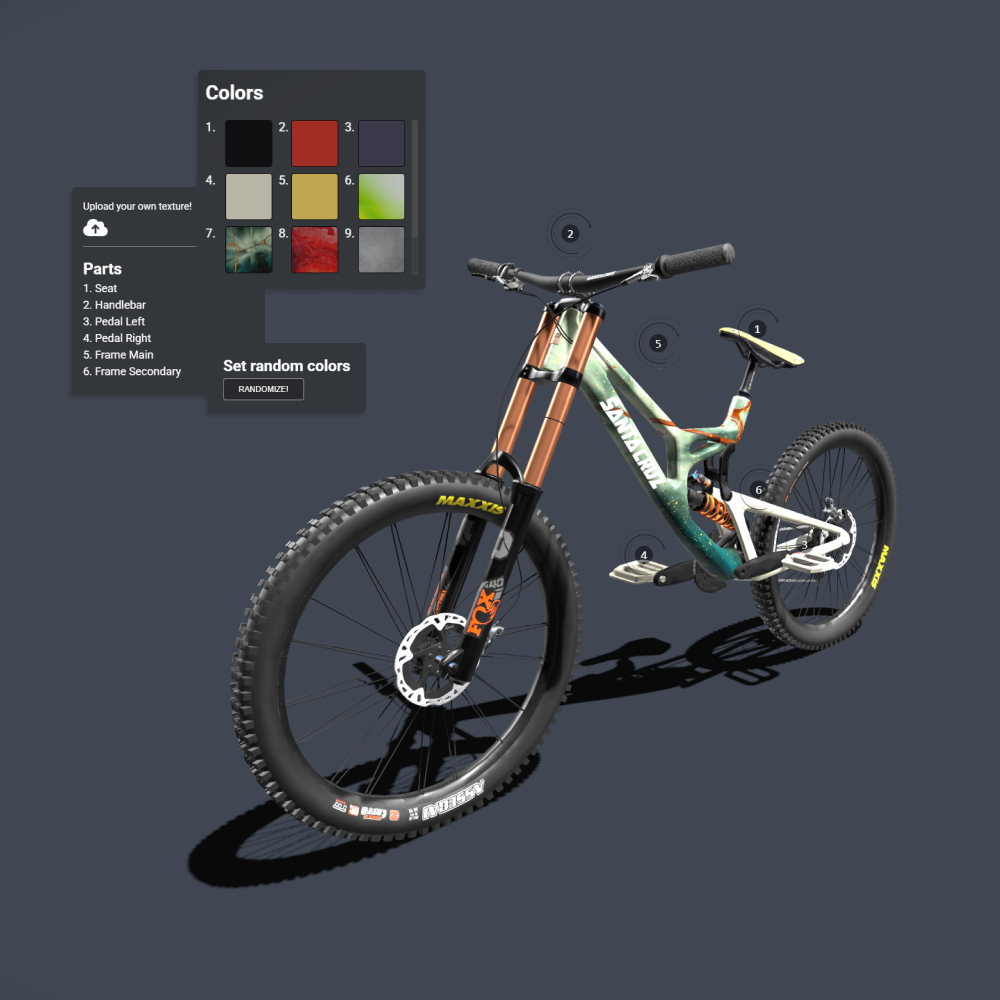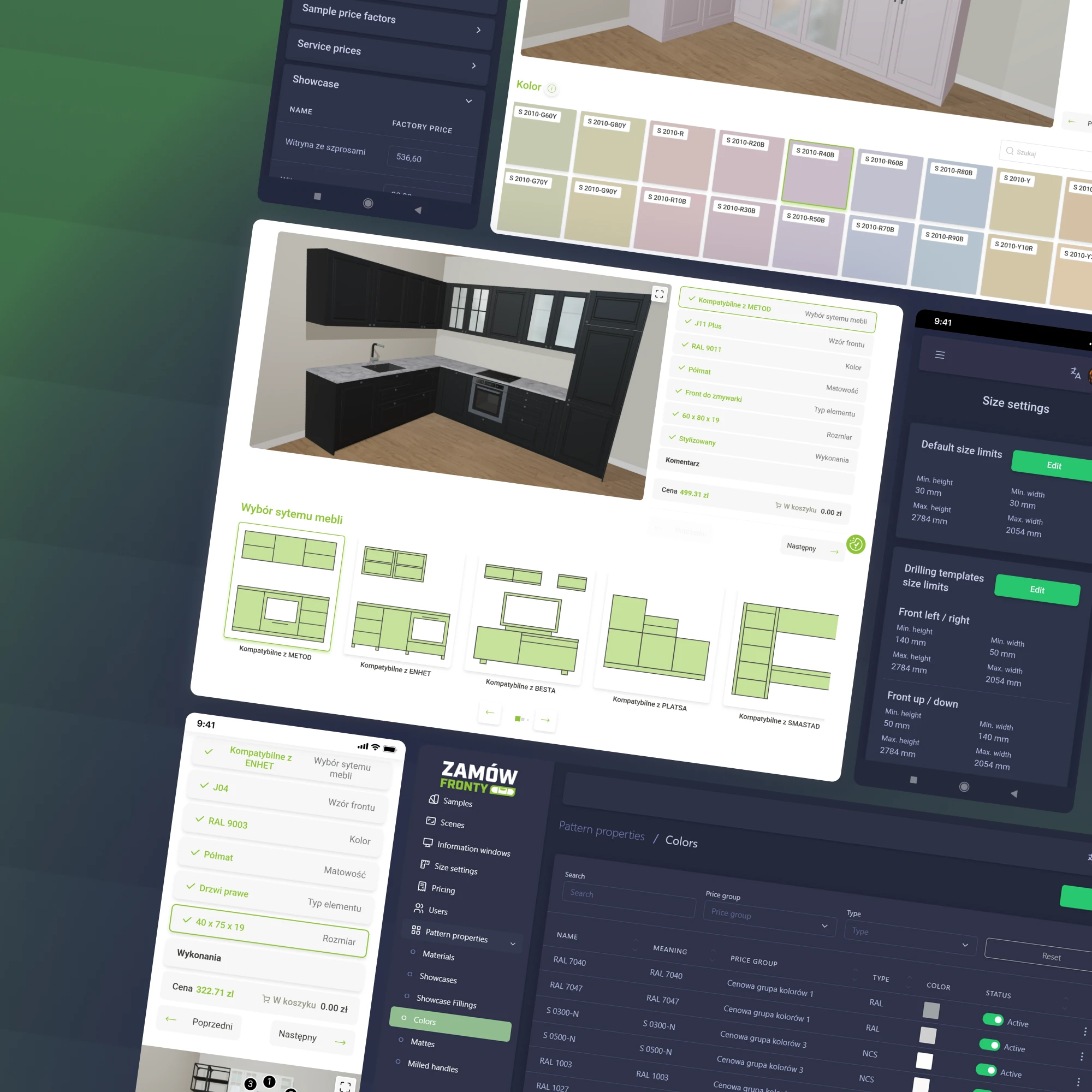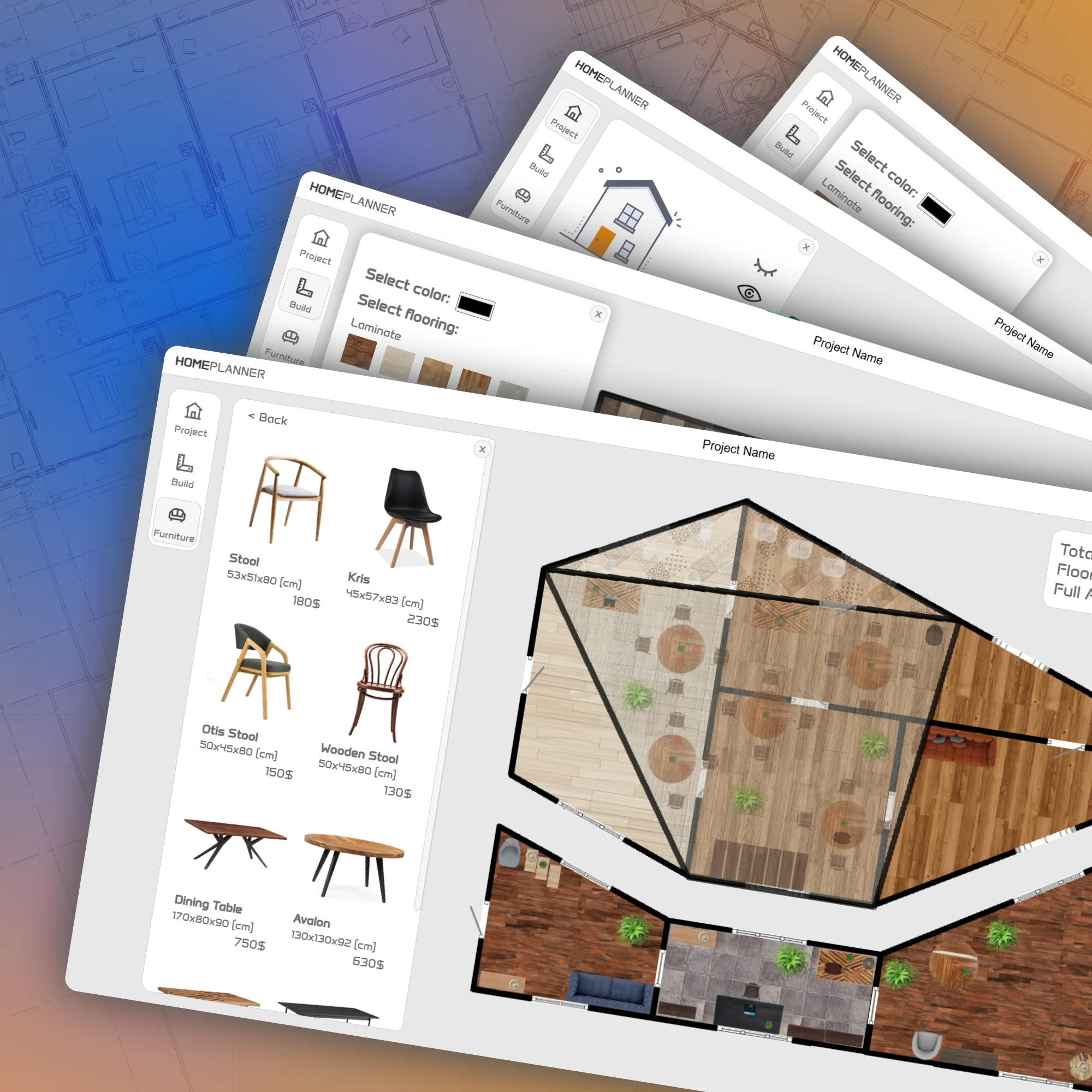









Today, most purchases are made online, and mobile devices have become the main sales channel. For businesses, this means that having a mobile version of an online store and a mobile application is a mandatory minimum, without which it is difficult to withstand competition. But to really stand out in the market and form a loyal audience, one basic solution is not enough.
The e-commerce industry is steadily moving towards maximum personalization and automation of processes. Therefore, now trading platforms must be interactive, offer product customization, and provide instant feedback.
AVADA MEDIA offers turnkey development services for modern eCommerce solutions . Our mobile and PWA applications for online stores, marketplaces, and other trading platforms help companies not just sell online, but also centrally manage customers, orders, marketing, and the entire sales funnel, supplementing standard functionality with interactive configurators and intelligent modules.
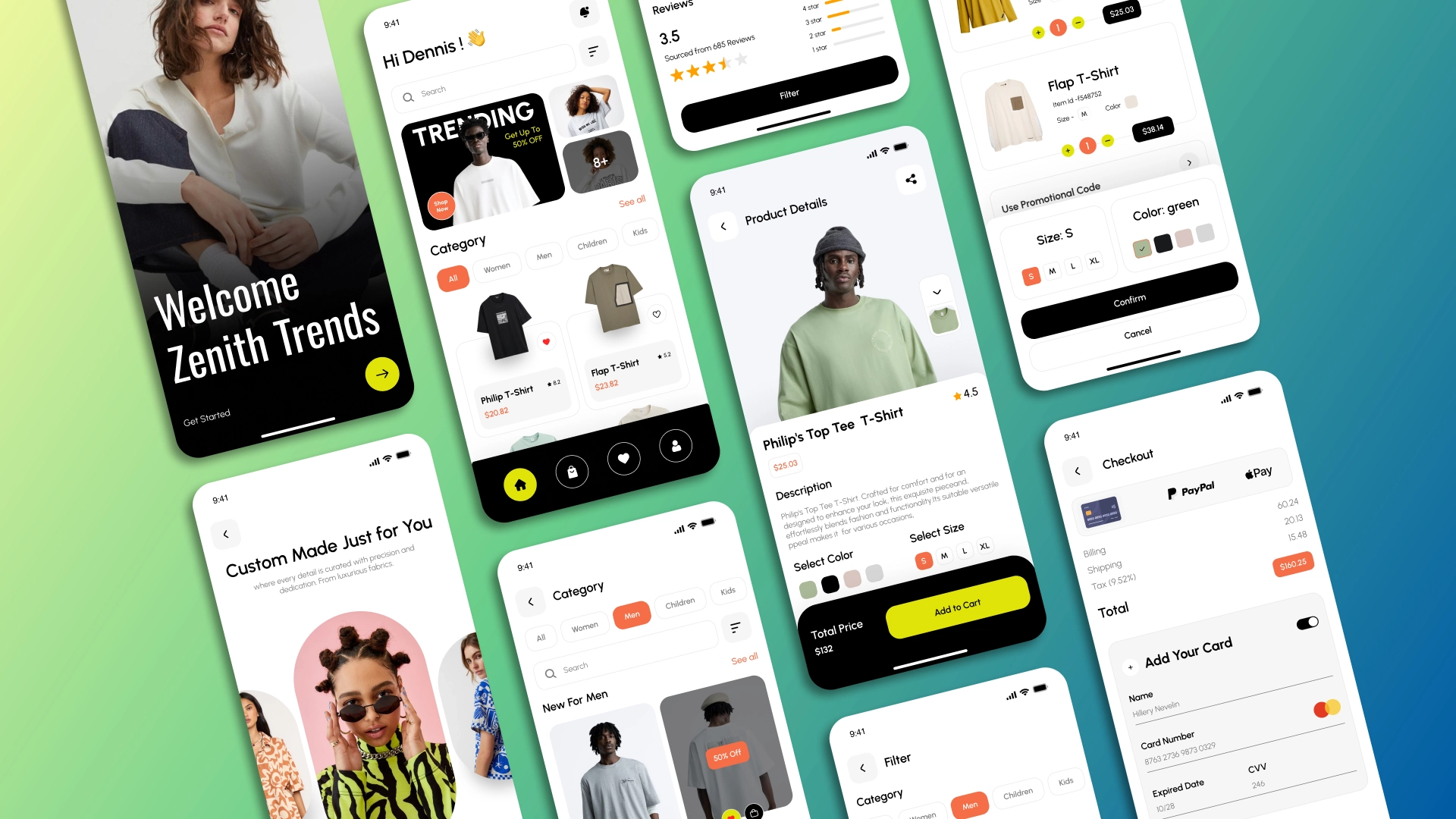
What are eCommerce applications and what are they like?
An eCommerce app is an online service adapted to users' usual behavior scenarios. It allows them to browse products and services, place orders, pay for purchases, and interact with a brand on a smartphone as conveniently as on a desktop.
- Online stores in PWA format – look and work like native applications, but do not require installation. Using an icon on the smartphone screen, the client gets quick access to the catalog and orders directly through the browser, and the business gets the ability to integrate with CRM, collect analytics and manage processes through the administrative panel.
- Native and cross-platform mobile applications (iOS and Android) require installation via the App Store or Google Play, and also support integrations and access to device features: push notifications, geolocation, camera.
Each format can be adapted to a specific business: from online stores and marketplaces to applications for delivery, auto or furniture businesses with interactive configurators.
What are eCommerce applications?
Modern classic mobile and PWA applications for eCommerce can be divided into several types, each of which is focused on a specific scenario of customer interaction and optimization of internal processes.
Online stores and online catalogs
These are applications for selling goods in online stores of clothing, electronics, home goods, where the convenience of ordering and personalized recommendations directly affect conversion. They allow buyers to browse the catalog with filters and search, add products to the cart, pay for purchases and track delivery. E-Commerce applications allow companies to manage customers and orders, including collecting sales analytics, thanks to integration with CRM and ERP.
Marketplaces and aggregators
Such applications combine multiple sellers on one platform, providing the user with the widest possible range of goods or services. They include management of the assortment of different suppliers, ratings and reviews, logistics and order tracking, as well as a commission system. For marketplaces and dropshippers, the applications allow them to integrate with seller management systems and scale to other markets.
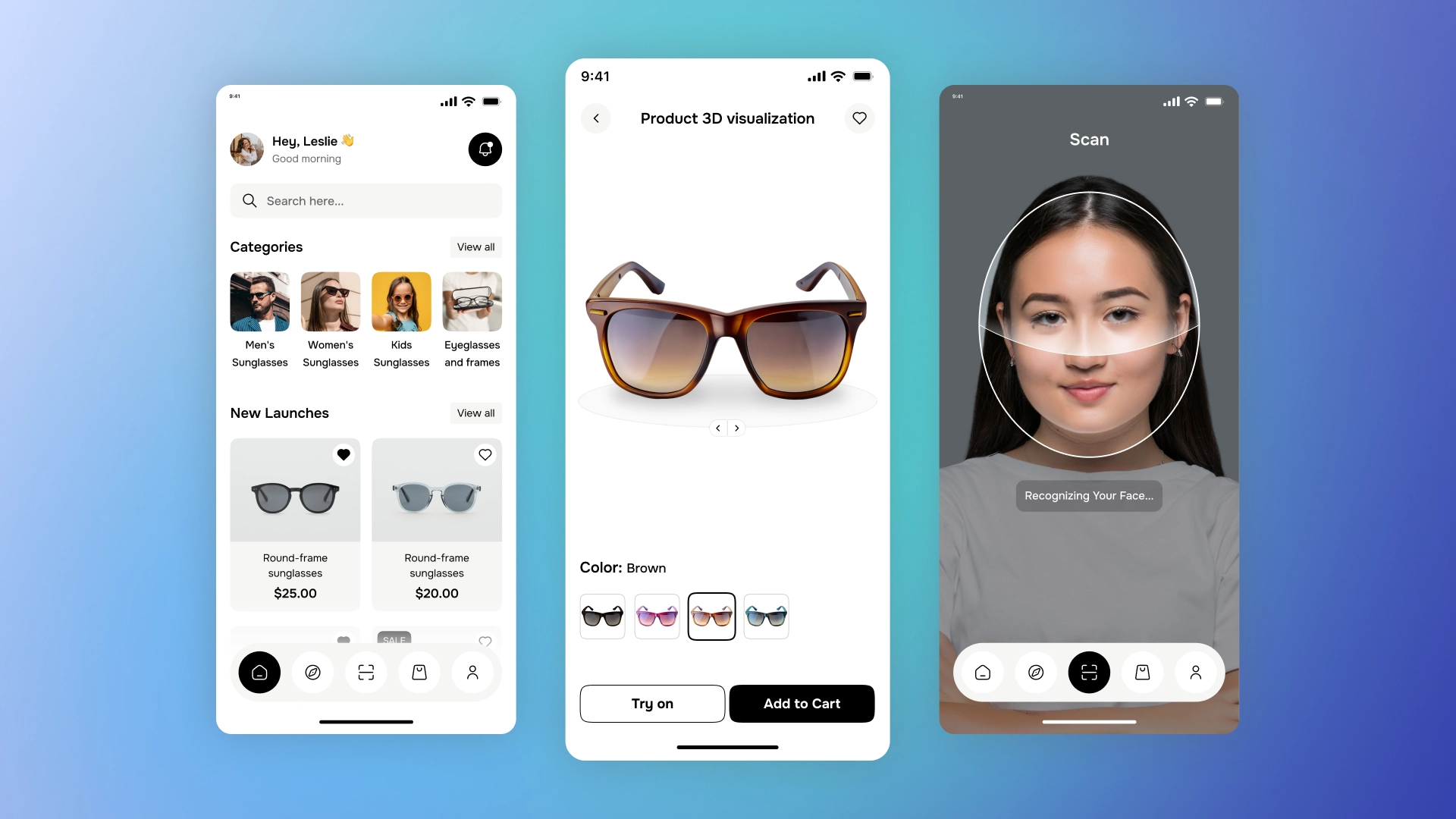
CRM for online commerce
Such solutions focus not on selling products directly, but on managing the customer base, marketing activities, and analytics. Through the CRM module in the application, customer and order data is automatically transferred to the system, and managers and buyers can interact via a built-in chat.
We also develop full-fledged CRM systems for business for eCommerce companies with active marketing and a large number of customers. They integrate with online storefronts, catalogs, marketplaces, and call centers, allowing you to build complex sales funnels, monitor KPIs at all stages, and launch personalized mailings or promotions.
2D/3D configurators of products and services
Configurators for online stores help buyers customize a product by accurately selecting parameters and options. In addition to visualization in 2D/3D projections, their functionality includes real-time cost calculation, order transfer to the sales department or warehouse. Such applications are relevant for car dealerships, furniture companies, manufacturers of equipment and custom gifts. They provide a high level of personalization, visual control of selection, AR support for even more visual interaction.
We develop 2D/3D configurators for business as standalone applications with AI support and deep customization, and we implement them in online stores, CRM systems, and other eCommerce applications.
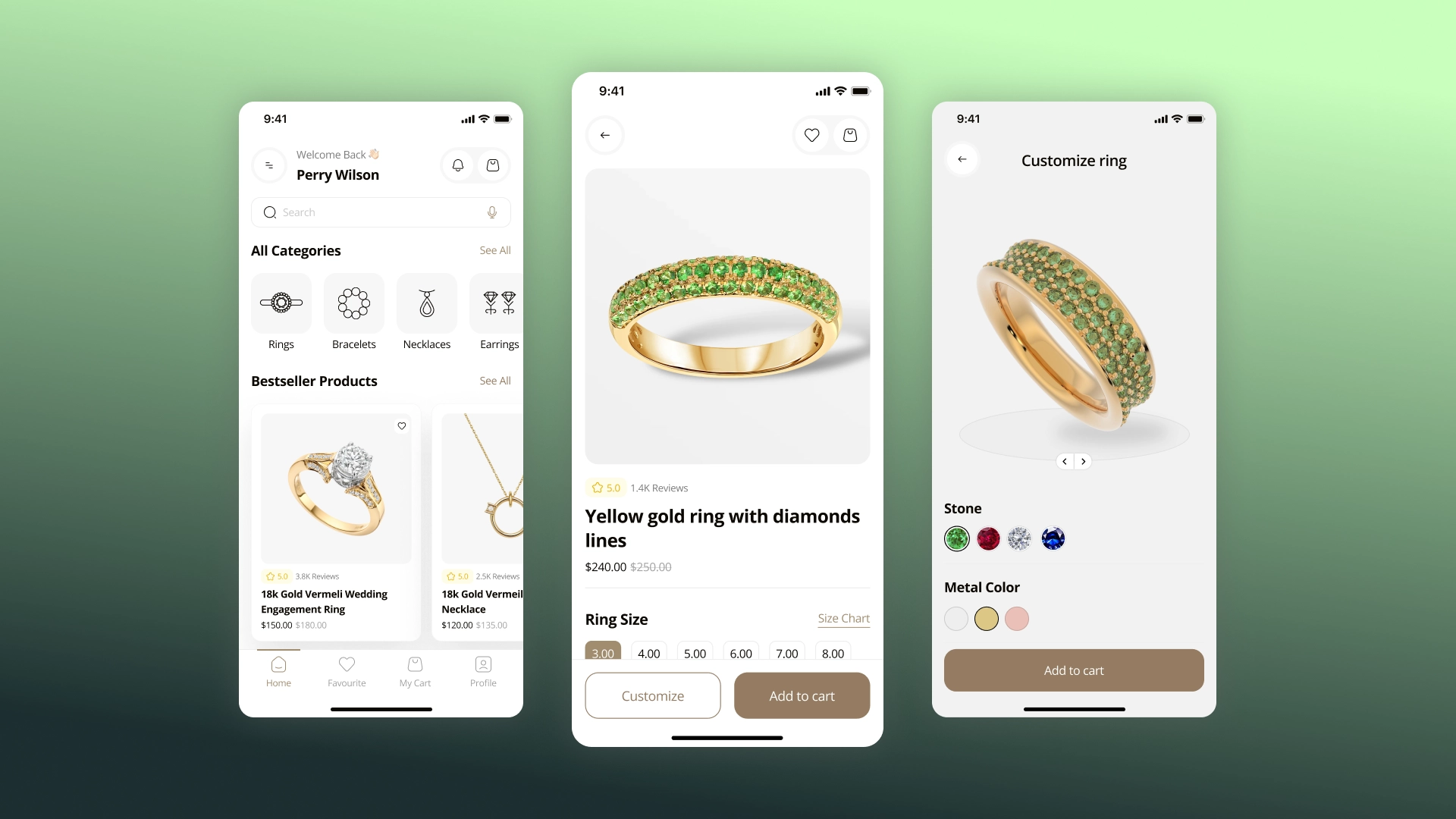
Corporate trading applications
For convenience and optimization of operations between companies, B2B applications are developed that improve the management of purchases, sales, orders, invoices and catalogs for wholesale customers. They integrate with ERP and CRM, can analyze sales and inventory. These applications are useful for suppliers of materials, distributors, auto parts. B2B eCommerce applications are distinguished by more complex order logic, inventory and price management, as well as control of agreements and limits.
Dropshipping Apps
Dropshippers sell goods online but do not store them in their own warehouse, meaning the order is sent directly from the supplier to the customer. Therefore, the functionality of dropshipping applications includes a catalog with up-to-date supplier products, a shopping cart and payment, automatic transfer of orders to external warehouses, delivery tracking, and integration with CRM for customer management and analytics. Sellers can launch an online store with minimal warehouse and logistics costs, keep all processes under control, and provide buyers with a convenient format for orders.
Apps for shared shopping
These mobile or PWA apps allow customers to come together to buy goods or services at a great price. Functionality can include group formation, progress tracking, timers for the end of the promotion, and notifications to participants. For businesses, it is a tool to stimulate sales, increase user engagement, and promote products through social interaction.
During your consultation, we will help you determine which type of eCommerce application will most effectively solve your business's problems and provide your customers with a convenient, personalized shopping experience.
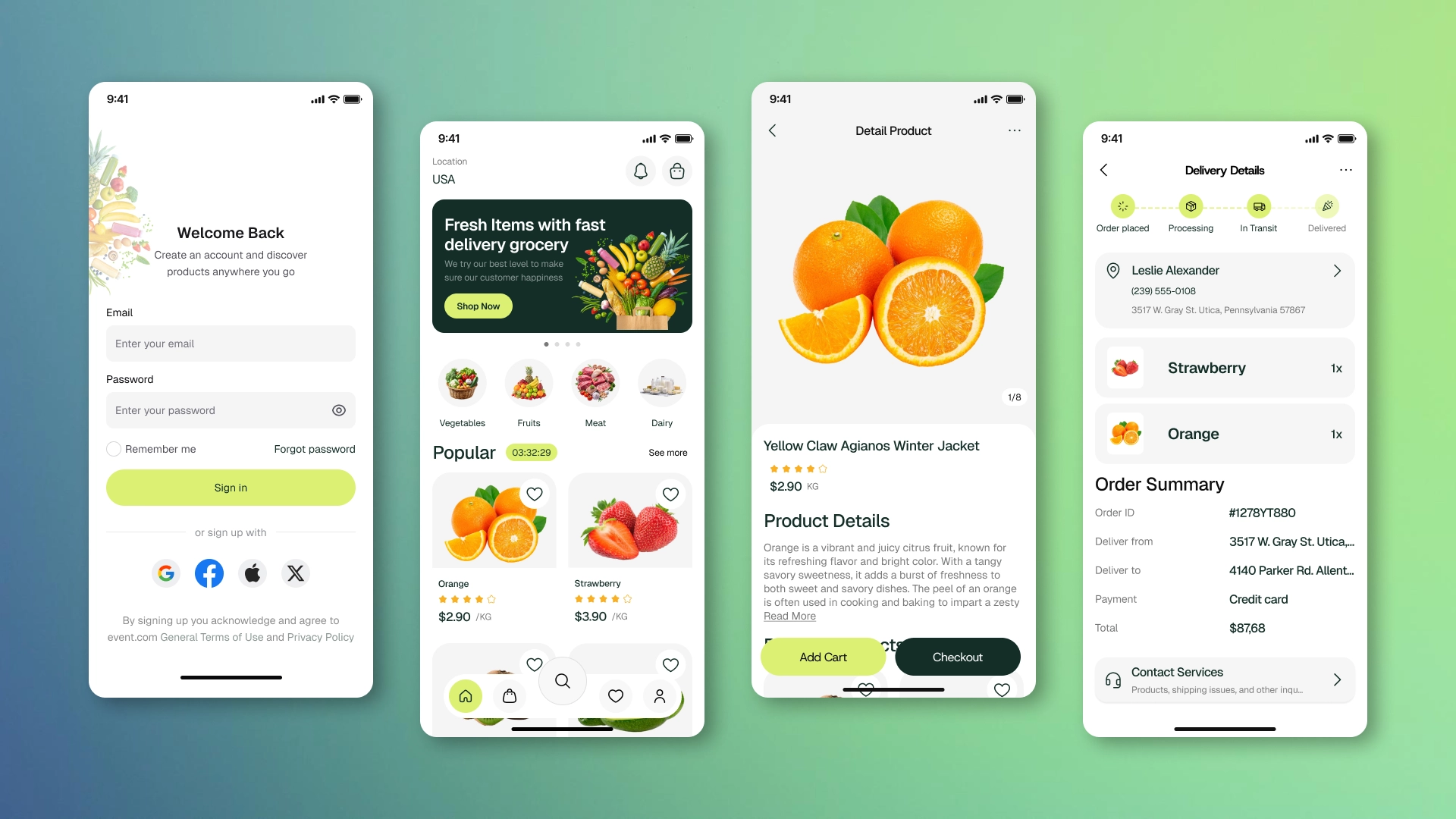
What business tasks does an eCommerce application with a configurator solve?
A configurator in an eCommerce application helps businesses personalize the purchasing process, engage customers, and increase product value. This approach makes the selection process interactive, builds emotional attachment to the product, and drives purchase decisions. Let's look at how this works in different areas.
- In the furniture business, applications with online furniture configurators reduce the risk of returns, increase customer satisfaction and increase the average check due to additional options. A furniture configurator allows the buyer to choose the size, material, upholstery color or set of furniture, as well as immediately see the final appearance and cost of the product.
- For online sales of appliances and gadgets, applications with a configurator for PCs and electronics provide a choice of device characteristics - memory capacity, case color, additional accessories, and stimulate sales of related products.
- In the fashion industry, an app with a configurator for clothes and shoes helps the customer choose the color, size, style or create a unique set of things. For businesses, it is a personalization tool that increases customer loyalty and opens up opportunities for cross-selling.
- In online jewelry stores, the jewelry and accessory configurator allows you to choose the metal, setting, frame shape, and even engraving. This is a great way to offer your customer a unique product and increase the value of their purchase.
Thus, the configurator becomes not just a convenient tool, but also a powerful driver of sales growth and marketing efficiency for business.
Stages of eCommerce application development
Developing a powerful E-commerce application is a complex and sequential process that consists of several stages:
- Analysis and creation of TOR. The initial stage, at which analysts study the company's business model, target audience, competitors and key processes. Together with the customer, our specialists determine the type, format and capabilities of the future application. Based on the analysis, a detailed technical task is formed. It fixes the goals, requirements for functionality, architecture and design. TOR provides a single understanding of the project for all team members and serves as the basis for the development of an eCommerce application.
- UX/UI design and prototypes. At this stage, the team forms the logic of the future application and develops scenarios for customer interaction with the application: product search, filtering by parameters, using the configurator, adding to cart, choosing a payment and delivery method, repeat purchases, etc. Configurators create clickable mockups that simulate the operation of the application so that the customer and potential users can test the logic. UI configurators create the visual part of the application in Figma, Adobe Photoshop, Adobe Illustrator: they develop a corporate identity, color scheme, icons, animations and all interface elements. It is important that the design of the mobile application matches your brand, is intuitive and adaptive for different devices.
3. Frontend and backend development. This is the key stage where the idea becomes code. The frontend developer provides the interface and interactivity, using tools and technologies such as Swift for iOS and Kotlin for Android for native applications; for cross-platform mobile solutions - Flutter, React or Vue.js for PWA applications . The backend developer configures business logic, database management and integration with other systems, using tools such as Node.js, Python, PHP and PostgreSQL, MySQL or MongoDB databases.
4. QA testing. The application undergoes multi-level testing: functional, load, UX testing, as well as security testing. Our QA engineers check the correctness of all modules, speed of operation, data transfer security, and compatibility of the eCommerce application with different devices and OS versions. Based on the test results, the developers optimize the product and prepare it for release.
5. Release and publication. After successful testing, the project is ready to launch. The native application is uploaded to the App Store and Google Play. PWA solutions are deployed on the server and are available to users directly from the browser. If necessary, we develop instructions for working with the program and conduct employee training.
6. Support, monitoring and development. AVADA MEDIA is a reliable partner not only for the development and implementation of classic mobile and PWA applications for e-commerce, but also for their subsequent technical support. After launch, we offer comprehensive support, which includes monitoring the application's performance, updating the design and functionality, so that it always remains relevant and competitive.
How to order an eCommerce application with a configurator?
With AVADA MEDIA, your eCommerce application with a product configurator and AI assistant will become not just a new piece of software, but an investment in company growth, customer loyalty and increased sales. To order the development of such a product, fill out the form or contact us in any available way. Experienced specialists will analyze your business, offer the optimal application architecture and create an individual turnkey solution.
Our team has been developing mobile and PWA applications for all business areas for over 10 years, as well as complex systems for full process automation. In the Portfolio you can see implemented projects of varying complexity and scale. We guarantee transparent terms of cooperation, optimal terms, reasonable prices and offer full technical support after the release. And we always stay in touch to promptly finalize and develop your product.
FAQ
-
How long does it take to develop an eCommerce application with a configurator?
The timeframe depends on the format, functionality, and design complexity. A basic e-commerce app can be ready in 3-4 months, while advanced solutions with integrations, AI automation, analytics, and a configurator require more time.
-
Is it possible to integrate an eCommerce application with popular marketplaces (Rozetka, Prom, Amazon)?
Yes, apps can be synchronized with marketplaces via API. This allows you to automatically update product availability, prices, and order statuses, as well as manage sales from a single center. Such integration reduces manual work and makes it possible to avoid errors when working with multiple channels.
-
How does an AI agent work inside an application and what tasks can it automate?
An AI agent is integrated into the application as an assistant: it advises customers, suggests products based on interests, helps place orders, and answers frequently asked questions. On the business side, it can collect data on user behavior and generate statistics to forecast sales. Learn more about AI agents.
-
Can the administrator independently add new products, options, or update characteristics in the product configurator?
To do this, we will develop an administrative panel through which employees will be able to update the assortment, change available options, prices and characteristics without the intervention of developers. Thus, the configurator will quickly adapt to changes in the assortment.
-
How much does an online store app with a configurator cost?
The cost depends on the complexity of the project: the number of functions and integrations, design, configurator capabilities, and other additional modules. Therefore, the price of an online trading application is calculated individually after analysis.
-
Can I connect analytics to track user behavior and conversions?
Yes, analytics services – such as Plausible – integrate with the app, providing the ability to track visits, conversions, customer behavior, and the effectiveness of marketing campaigns. This data helps optimize sales and marketing strategies.
-
Are you connecting a CMS to manage eCommerce applications?
Yes, we can create an application for an online store with a connection to a convenient CMS - for example, Wagtail, which provides centralized management of products, content and orders. The system supports multi-domain architecture, which is especially convenient for companies that work with several brands and stores. This format makes it possible to effectively conduct business in one admin panel.
-
Is it possible to scale the application and add new features as the business grows?
We design e-commerce applications modularly from the start, so scaling and adding new features is possible without the need for a complete redesign. This allows you to expand functionality gradually.


